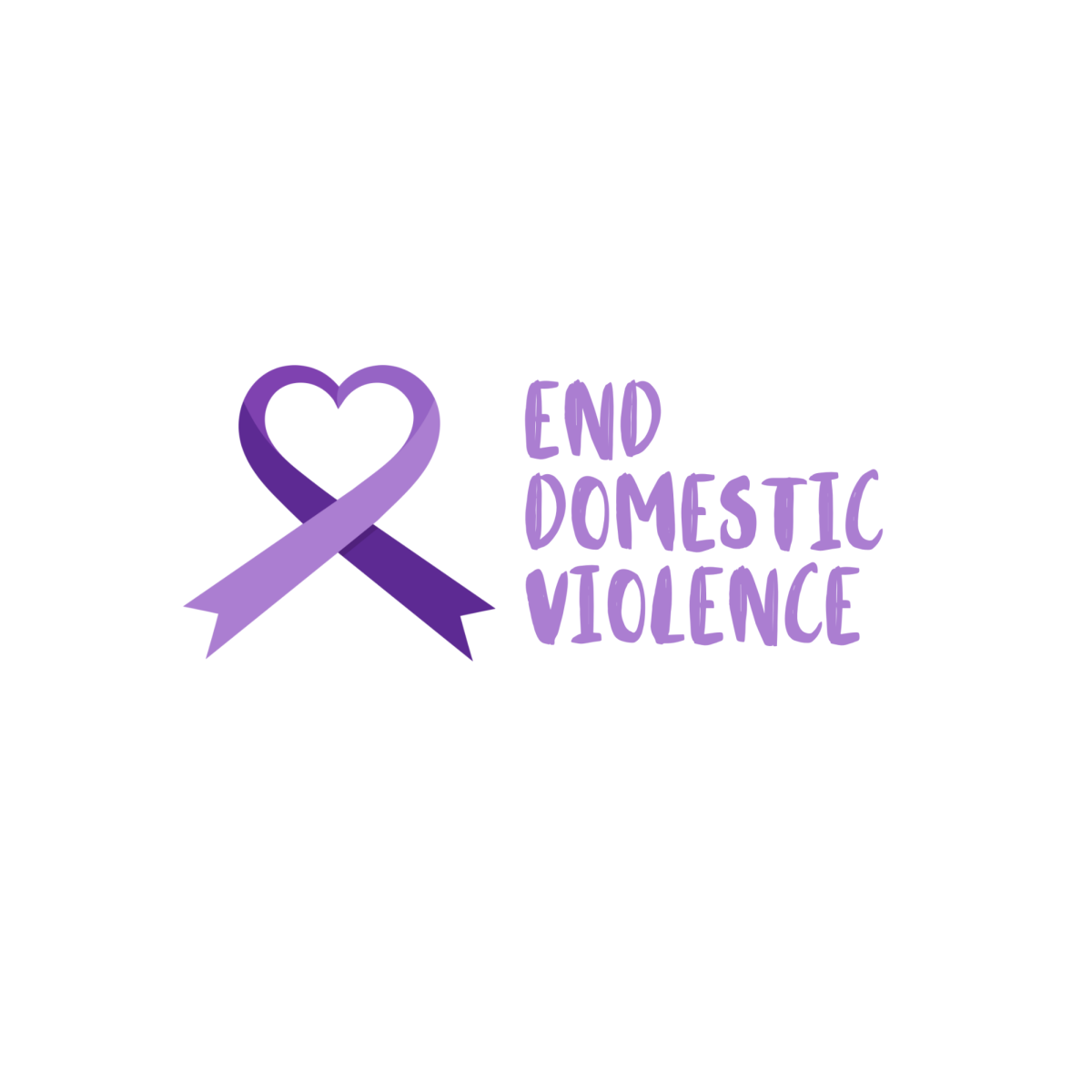St. Joe’s Office and Student Support & Well-being encouraged students and faculty to wear purple in support of domestic violence survivors Thursday, Oct. 12, regarded nationally as “Purple Thursday.”
The color purple has been associated with women’s suffrage movements, and is meant to give a regal quality to survivors of domestic violence. Over one in three women and one in four men have experienced a form of relationship violence, according to the Centers for Disease Control.
Days like Purple Thursday, which is a larger part of October as Domestic Violence Awareness Month, represent action taken for victims of violence, said Chris Morrin, sexual misconduct prevention specialist of Student Outreach and Support.
“The main goals are, let survivors know that there’s help available, and then, for everyone else, encourage them to educate themselves and others and advocate for change,” Morrin said.
Morrin said relationship violence affects different types of people, and St. Joe’s has the resources to support those affected, such as SJU Green Dot, a bystander prevention program aimed at teaching people how to stop violence from occurring.
“We know these things happen,” Morrin said. “They happen too often, but they don’t have to keep happening at the level that they are.”
St. Joe’s holds interactive trainings on bystander intervention and healthy relationships in partnership with Laurel House, an agency based in Montgomery County that offers shelter, legal support, counseling and social work to help end domestic and dating violence.
Eve Johnson, the community education supervisor at Laurel House, said women aged 16-24 are the most likely to be victims of intimate partner violence, making it particularly important to educate people on college campuses.
“College campuses are a pretty unique place in that there are communities that are mostly made up of young people who are living on their own for the first time, who are navigating all sorts of different parts of life, including figuring out relationships,” Johnson said. “It’s a really great opportunity to introduce this culture shift.”
Johnson said people can help combat the issue by starting conversations.
“We have a place to stand up and call out harmful behaviors when we see it and to have conversations to change college norms — around drinking, around what is comfortable in relationships, around the way that people talk about sex and consent,” Johnson said.










































